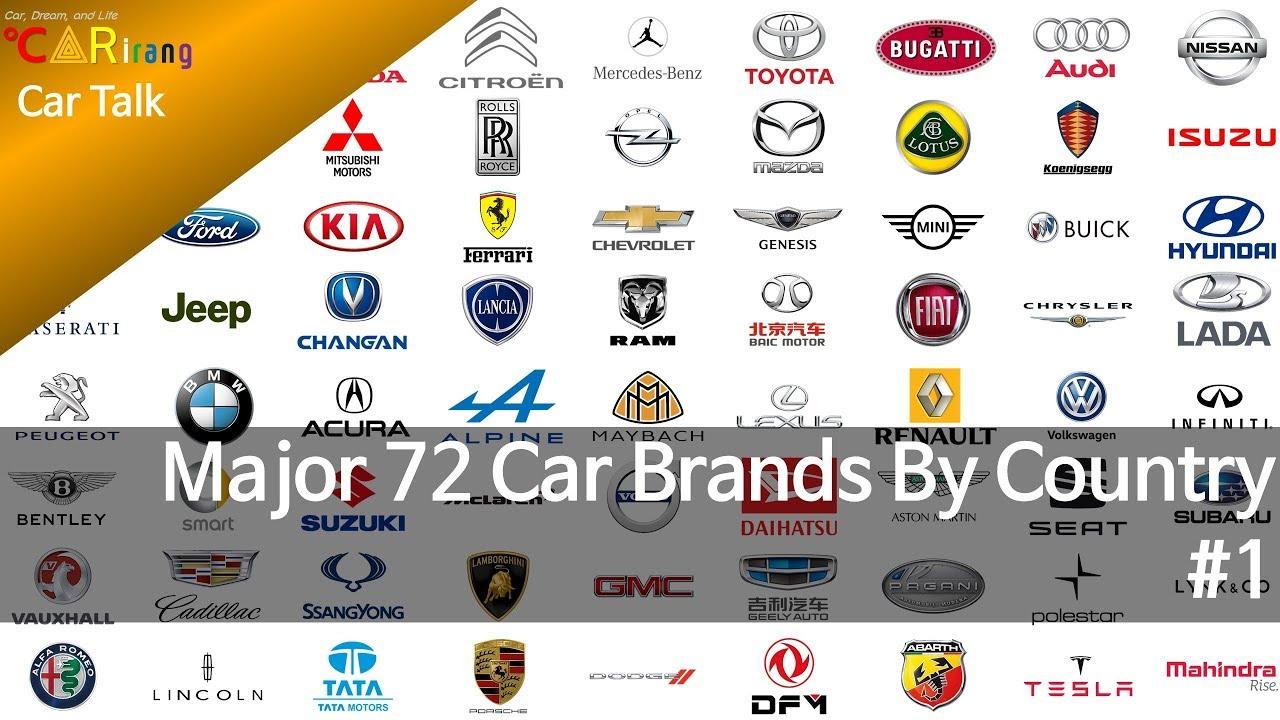As steel and aluminum tariffs loom like storm clouds over the transatlantic automotive landscape, European car manufacturers find themselves bracing for a potential economic turbulence that could reshape global trade dynamics. The impending Trump-era trade policies threaten to deliver a notable blow to an industry already navigating complex geopolitical and technological challenges, potentially disrupting carefully constructed supply chains and challenging long-standing economic partnerships between the United States and European automakers. The automotive landscape is bracing for seismic shifts as potential trade barriers threaten to disrupt the delicate global manufacturing ecosystem. European car manufacturers are poised to face substantial economic challenges from impending tariff implementations that could dramatically reshape international automotive trade dynamics.
German automotive giants like BMW, Mercedes-Benz, and Volkswagen are especially vulnerable to these potential trade restrictions. Their intricate global supply chains and significant manufacturing investments in the United States could be critically impacted by the proposed tariff structures.
Preliminary economic analyses suggest these trade barriers could inflate vehicle prices by up to 25%, potentially rendering European models substantially less competitive in the American market. The ripple effects would extend beyond immediate sales, potentially triggering complex restructuring of international manufacturing strategies.
Volkswagen,with its extensive production facilities in Chattanooga,Tennessee,might experience unique complications. The company has invested billions in American manufacturing infrastructure, creating a nuanced scenario where domestic production could partially mitigate tariff-related challenges.
Luxury brands like Mercedes and BMW face potentially more significant disruptions. Their premium pricing models might become even less attractive if additional import costs are passed directly to consumers.Market strategists predict potential shifts in consumer purchasing behaviors as prices potentially escalate.
Supply chain experts anticipate manufacturers might explore option strategies, including accelerating localization efforts, restructuring production models, or seeking alternative market opportunities. The European automotive sector could be compelled to develop more agile, globally adaptable manufacturing approaches.
Economic forecasts indicate these tariffs might trigger broader international trade tensions. The automotive industry, already navigating complex technological transformations and electrification challenges, now confronts additional regulatory uncertainties.
Smaller European manufacturers might experience disproportionate impacts. Niche automotive brands lacking extensive global manufacturing flexibility could find themselves particularly vulnerable to these potential trade restrictions.
The potential tariff implementation arrives at a critical moment for the global automotive industry. Emerging technological disruptions, including electric vehicle transitions and autonomous driving developments, already challenge traditional manufacturing paradigms.
Political negotiations and potential diplomatic interventions remain ongoing.Industry leaders are actively engaging with policymakers, seeking nuanced solutions that might mitigate potential economic disruptions.
The unfolding scenario underscores the increasingly interconnected nature of global automotive manufacturing,where political decisions can instantaneously reshape complex international economic ecosystems.






